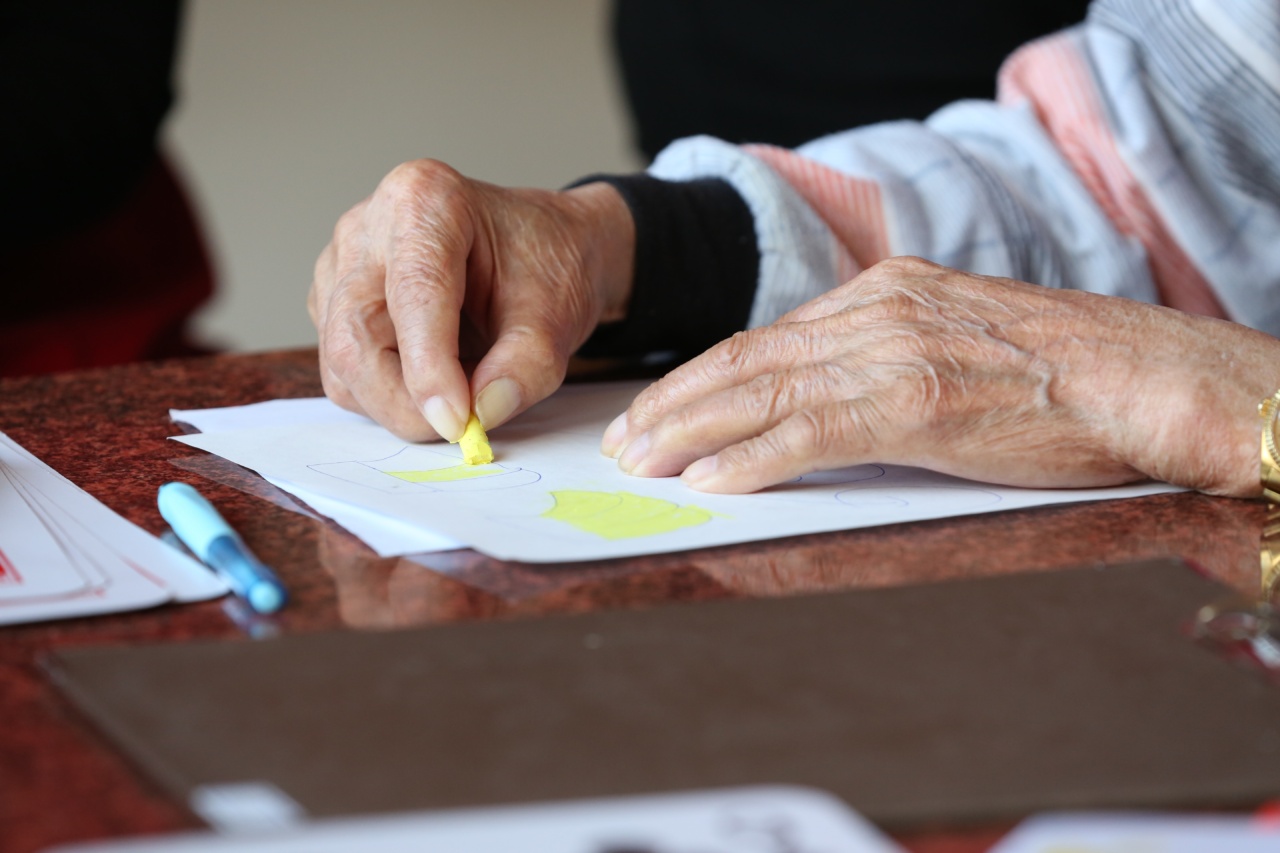Caroline Wozniacki is a former professional tennis player from Denmark who was once ranked as the world No. 1 in singles and doubles. During her career, she won 30 WTA singles titles, two Grand Slam titles, and an Olympic medal.
But despite her many achievements, Wozniacki also faced a significant challenge in the form of rheumatoid arthritis (RA).
What is Rheumatoid Arthritis?
Rheumatoid arthritis is an autoimmune disorder that causes inflammation in the joints, leading to pain, stiffness, and swelling. It is a chronic condition that can have a significant impact on a person’s quality of life.
How Did Caroline Wozniacki Discover She Had Rheumatoid Arthritis?
Wozniacki first started experiencing symptoms of RA during the 2018 US Open. She described feeling unusually tired and having difficulty gripping her racket. Her fingers also began swelling, and she had a hard time straightening them.
Despite these symptoms, Wozniacki managed to make it to the quarterfinals of the tournament.
After the US Open, Wozniacki underwent a series of tests and was ultimately diagnosed with rheumatoid arthritis. While the diagnosis came as a shock, Wozniacki was determined to continue playing tennis and not let her condition hold her back.
The Impact of Rheumatoid Arthritis on Wozniacki’s Career
Once she was diagnosed with rheumatoid arthritis, Wozniacki had to adjust her training and playing schedule to manage her symptoms.
She also had to be more mindful of her diet and make changes to her lifestyle to ensure she was giving her body what it needed to stay healthy.
Despite these challenges, Wozniacki was able to continue playing professional tennis throughout 2019 and into 2020.
In fact, she had some of her best results after her diagnosis, including a win at the China Open in 2019 and a run to the Australian Open quarterfinals in 2020.
However, Wozniacki ultimately decided to retire from tennis in January 2020.
While she cited a desire to start a family with her husband as the main reason for her retirement, she also mentioned that her rheumatoid arthritis played a role in her decision.
Caroline Wozniacki’s Work as an RA Advocate
Since being diagnosed with rheumatoid arthritis, Wozniacki has become an advocate for others living with the condition.
She has shared her story of living with RA in various interviews and on social media, helping raise awareness about the disease and the impact it can have on people’s lives.
Wozniacki has also worked with various organizations to raise money for RA research and to support others living with the condition.
In 2019, she founded the Caroline Wozniacki Foundation, which supports education, sports, and youth development for children around the world.
Challenges Faced by Professional Athletes with RA
While Rheumatoid arthritis can be a challenge for anyone, it poses unique difficulties for professional athletes. The constant physical demands of sports can exacerbate RA symptoms and make it challenging to perform at a high level.
In addition, many of the medications used to treat rheumatoid arthritis can be considered performance-enhancing drugs and are banned by sports organizations.
This makes it challenging for athletes with RA to manage their symptoms while following the rules and regulations of their sport.
The Importance of Early Diagnosis and Treatment for RA
Caroline Wozniacki’s story highlights the importance of early diagnosis and treatment for rheumatoid arthritis.
While the condition can be challenging to manage, early intervention can help people living with RA achieve better outcomes and prevent long-term complications.
If you are experiencing symptoms of RA, such as joint pain, stiffness, and swelling, it is important to speak with your healthcare provider as soon as possible.
In Conclusion
Caroline Wozniacki’s story is a testament to the resilience and determination of professional athletes.
Despite facing a significant challenge in the form of rheumatoid arthritis, she was able to continue excelling in her sport and using her platform to raise awareness about the disease.
Wozniacki’s story also highlights the importance of early diagnosis and treatment for rheumatoid arthritis.
By seeking medical attention as soon as possible, people living with RA can better manage their symptoms and continue living full and active lives.






























